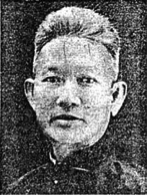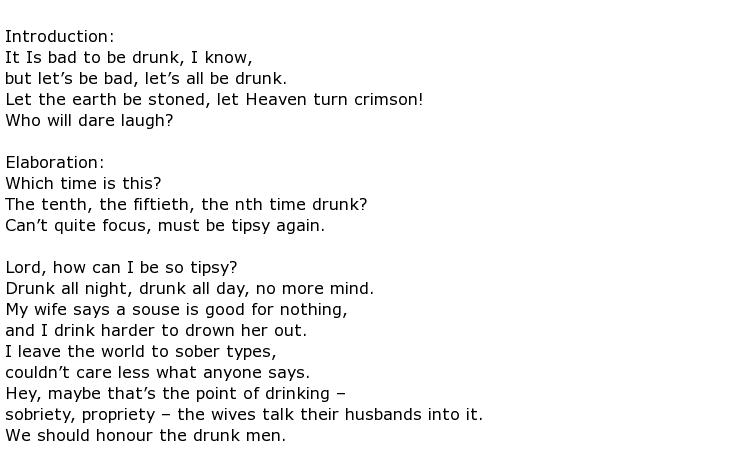 Tan Da was a Vietnamese writer whose work consisted of poetry, essays and plays. He also translated a great deal of literature that had originated from the Chinese Tang Dynasty.
Tan Da was a Vietnamese writer whose work consisted of poetry, essays and plays. He also translated a great deal of literature that had originated from the Chinese Tang Dynasty.
He was born Nguyễn Khắc Hiếu sometime during the year 1888. His place of birth was Khe Thuong, close to Hanoi in the Sơn Tây Province of Vietnam. His father was Mandarin Chinese and Tan had the opportunity to read a lot of Western literature that had been translated into Chinese. His mother will have given him a flavour of the performing arts as she was a well-known singer at that time.
There is very little known about his formative years but, as soon as he was old enough, he travelled the country whenever he could, in between teaching in schools and editing at least two literary magazines during the 1920s: Hiu Than and the Annam Journal. His mantra was always to live the simple life and it seems that he spent much of his time either writing, cooking and sampling as many types of wine as he could. He actually used food-based themes in many of his poems. One of his books was called Drinking Wine with Tan Da and this was published in 1939.
Probably one of his earliest pieces of work was an account, in prose form, of an imaginary journey around the world called A Little Dream. This was published in 1917 and, by 1921, he had founded his own publishing house. Over the next ten years Tan Da was seen as one of the founders of the New Poetry literary movement in Vietnam, thus becoming an important figure in his country’s literary history.
He liked to draw on old traditional tales and folk songs for his material, often writing poems that, themselves, became new folk songs. He saw Vietnam as a kind of Utopia and he often wrote in a patriotic, uplifting way. He tried to instil the idea into people that, while they were individuals in their own right, they should also consider themselves to be part of the greater society of Vietnam and members of:

His ideals were not always shared though, with some believing that politics had no place in poetry and that this was not the way to arouse patriotism amongst the people. Indeed, the authorities often took a dim view of any writer’s attempts to interfere in the running of the country and only two styles of writing were approved: the ethical strain and the romantic strain.
Tan Da accepted these kind of limitations, to a degree, while maintaining his own individuality whenever he could get away with it. An example was a flippant, irreverent piece of verse called Drunk Again where he seeks to demonstrate his own love of wine drinking and the effect that alcohol can have on a person. In essence, he believes that it is perfectly acceptable, even honourable, to get drunk now and then. Here is the poem:

Tan Da died in June 1939 in Hanoi at the age of 51. Despite all of his literary achievements he died in abject poverty.

